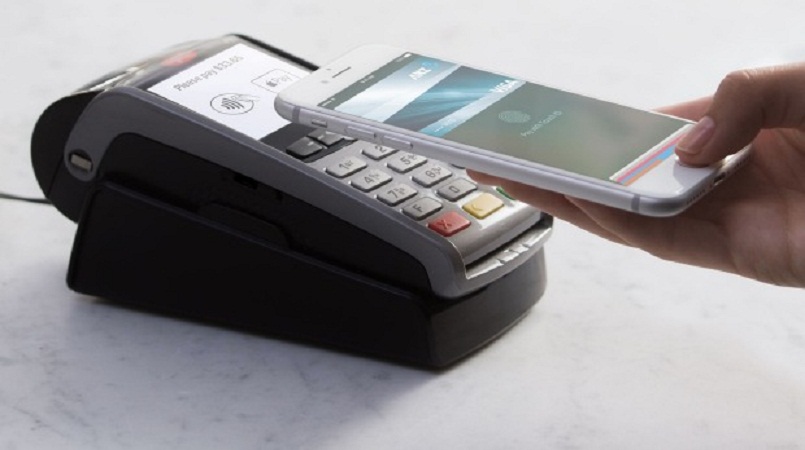
Apple has stepped up its battle with Australia's banking industry over the future of mobile payments, accusing an industry consortium of attempting to "delay or even block" the expansion of Apple Pay into the country.
In its latest submission to the Australian Competition & Consumer Commission, Apple said it was concerned banks are seeking to "delay the expansion of Apple Pay", hurting both consumers and smaller card issuers who could use the technology "as a means of securing a digital presence in competition with the big banks".
It is the latest salvo from Apple in a dispute about whether the country's leading banks should be permitted to negotiate as a bloc over the introduction of Apple Pay.
The banks include Commonwealth Bank, which owns ASB, and National Australia Bank, which owns BNZ, and Westpac.
What happens in Australia with Apple Pay has an impact here. Last April, ANZ introduced Apple Pay in Australia before it arrived here in October.
The banks, which have invested in their own mobile technology in recent years, fear being shut out of the fast-growing market and want to negotiate as a group to boost their bargaining power.
In a draft ruling in December, the ACCC refused to grant the banks permission to negotiate collectively. The final ruling is expected in March.
'FREE-RIDE'
The dispute centres on access to the iPhone's near-field communications antenna, the technology that makes payments on contactless readers possible.
Apple wants banks to allow customers to upload their credit cards to its proprietary digital wallet, whereas the banks want their apps to be given direct access to the technology. Apple says giving the banks access would "undermine the security and simplicity" of its system.
In its latest submission, Apple said the banks' core motivation is to avoid paying fees to use Apple Pay, or to discourage their customers from using the technology by charging for the service. The banks are ultimately asking to be "allowed to continue to free-ride on the significant investments'' Apple has made, the filing said.
